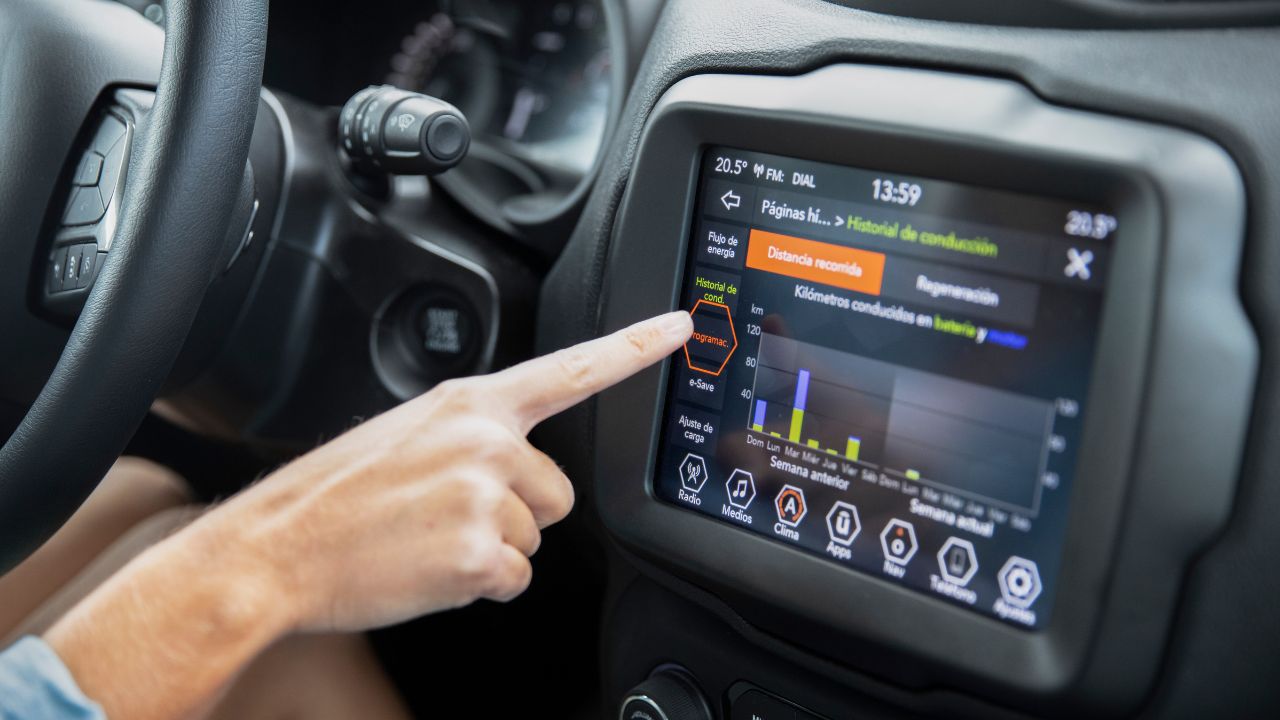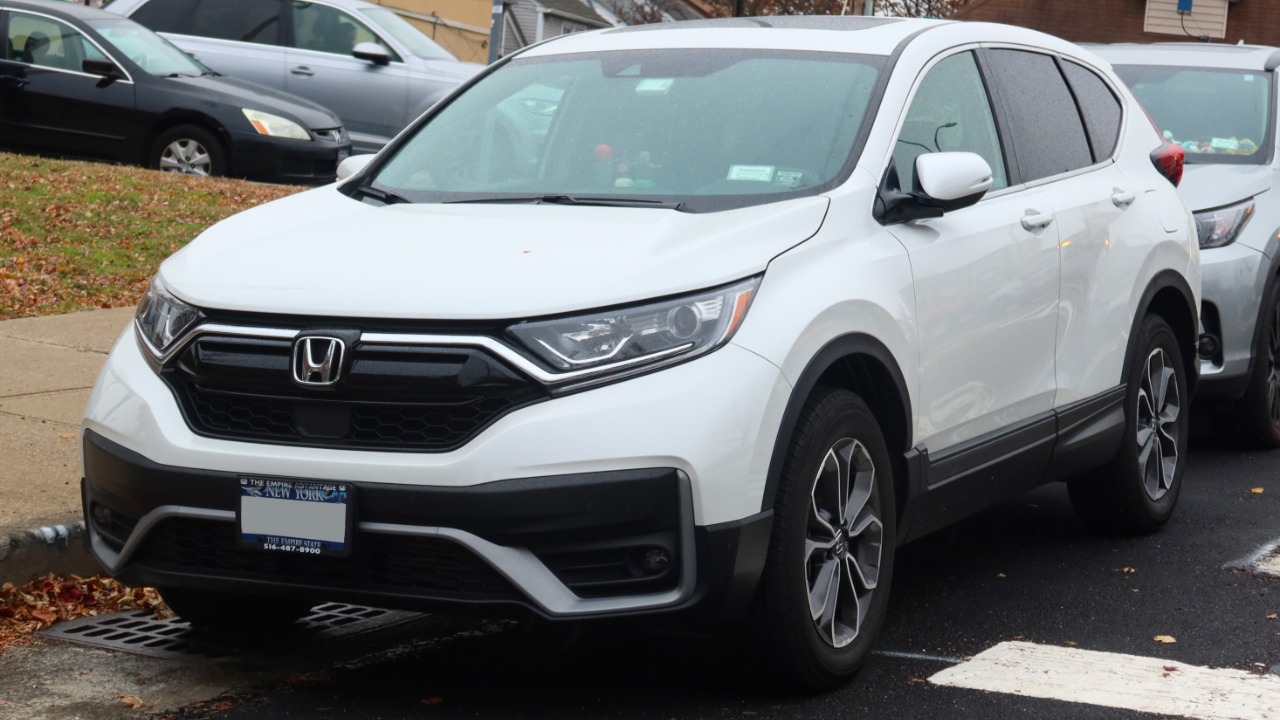The automotive industry is experiencing a paradigm shift with the introduction of subscription-based car features. This new model allows manufacturers to offer premium features as optional add-ons, providing consumers with more flexibility and choice. However, it also raises questions about cost, accessibility, and the future of car ownership.
The Evolution of Car Ownership
The history of car ownership has undergone significant transformation, evolving from the traditional model of buying cars outright to more flexible leasing agreements. Initially, owning a car meant a long-term commitment to a single vehicle. However, the introduction of leasing allowed consumers to upgrade their vehicles more frequently without the burden of full ownership. This shift in how consumers approach car ownership laid the groundwork for even more dynamic models, such as subscription-based features, which offer further flexibility and personalization.
In recent years, the automotive sector has embraced digitalization, with technology playing an increasingly pivotal role in vehicle functionalities. Cars are no longer merely mechanical entities; they are now sophisticated devices equipped with advanced software and connectivity, akin to smartphones on wheels. This digital shift has enabled car manufacturers to innovate and offer features that can be activated or enhanced via software updates, paving the way for subscription models that cater to the modern driver’s desire for a customizable experience.
Consumer trends indicate a growing preference for personalized and adaptable car experiences. Today’s drivers are looking for options that fit their lifestyle and budget, much like how they approach other tech-driven services like streaming platforms. This demand for customization is driving the expansion of subscription-based features, as they allow consumers to select only the features they want, when they want them, without committing to a permanent purchase.
Understanding Subscription-Based Features
Subscription-based car features are optional add-ons that consumers can activate for a recurring fee. These features range from essential functionalities to luxury enhancements that can be tailored to individual preferences. A prime example is BMW’s offering of heated seats as a subscription service, where owners can choose to activate this feature during the colder months without buying it outright. Other manufacturers, such as Tesla, offer advanced driver-assistance systems like their Full Self-Driving package on a subscription basis, allowing drivers to experience cutting-edge technology without a significant upfront investment.
Popular subscription-based features include enhanced navigation systems, which provide real-time updates and traffic data, and connected car services that offer conveniences like remote start and climate control via smartphone apps. Audi, for instance, offers a subscription service for its Virtual Cockpit Plus, allowing users to access a more advanced digital display interface. Pricing models vary, with some manufacturers offering monthly or annual subscriptions, while others provide pay-per-use options, granting consumers the liberty to choose what best fits their needs.
Manufacturers design their subscription plans to cater to diverse consumer preferences and budgets. For example, Mercedes-Benz’s MBUX Entertainment Package allows for a range of subscription options depending on the features included, such as live traffic updates or access to streaming services. This flexibility in pricing and functionality enables drivers to customize their driving experience while providing a continuous revenue stream for manufacturers.

Benefits for Consumers and Manufacturers
For consumers, the primary benefit of subscription-based car features is flexibility. This model allows drivers to customize their vehicles according to their personal preferences and financial constraints. For instance, a driver living in a region with harsh winters may choose to subscribe to heated seats and steering wheels during the colder months, while another might opt for advanced navigation systems only during long road trips. The ability to activate and deactivate features on demand ensures that consumers pay only for what they truly need, potentially saving money in the long run.
Manufacturers also stand to gain significantly from subscription-based models. These services create new and sustained revenue streams, as opposed to the one-time income generated by traditional car sales. By offering features as ongoing services, manufacturers can establish long-term relationships with their customers, encouraging brand loyalty and repeat business. Furthermore, the potential for over-the-air updates means manufacturers can continually improve and expand their offerings, keeping pace with technological advancements and consumer expectations.
The environmental impact of subscription-based features should not be underestimated. By enabling consumers to activate features only when needed, manufacturers can reduce the production of unnecessary components, thereby minimizing waste. Additionally, the ability to upgrade software rather than hardware promotes sustainability, as it extends the lifespan of existing vehicles without the need for constant physical replacements.
Challenges and Concerns
Despite the advantages, subscription-based car features present several challenges and concerns. One major issue is the potential for increased costs over time. While the initial outlay for a subscription may be lower than purchasing a feature outright, the cumulative cost of long-term subscriptions could surpass the purchase price. This raises questions about the total cost of ownership and whether consumers are truly getting value for their money.
There is also the risk of creating a two-tier system among car owners, where access to certain features is determined by one’s ability to pay for subscriptions. This could lead to inequality, as those unable to afford ongoing fees may miss out on important safety or convenience features. Additionally, the reliance on digital services raises data privacy concerns, as manufacturers collect vast amounts of data on driving habits and preferences. Ensuring that this data is used responsibly and securely is crucial to maintaining consumer trust.
Data privacy is a particularly pressing issue, with many consumers wary of how their information is collected and utilized. As cars become more connected, the potential for data breaches or misuse becomes a significant concern. Manufacturers must implement robust security measures and transparent data policies to address these fears, ensuring that consumers feel comfortable opting into subscription services.
The Future of Subscription-Based Models
The future of subscription-based car features appears promising, with industry experts predicting continued growth and adaptation of these models. As technology advances and consumer expectations evolve, manufacturers are likely to expand their offerings, integrating more sophisticated features and services into their subscription plans. The shift toward electric and autonomous vehicles is also expected to drive demand for customizable options, as these cars offer new opportunities for innovation and personalization.
Technological advancements will undoubtedly influence the future of subscription-based models. The development of more advanced software and connectivity solutions will enable manufacturers to offer an even wider array of features, from enhanced infotainment systems to cutting-edge driver assistance technologies. As these innovations become more commonplace, the appeal of subscription services is likely to grow, attracting a broader range of consumers.
Consumer acceptance is the ultimate determinant of the success of subscription-based features. While some drivers may initially resist the idea of paying for features on a recurring basis, the convenience and flexibility offered by these services could win over skeptics. As more consumers experience the benefits of customizable, on-demand features, subscription models may well become the standard in the automotive industry, shaping the future of car ownership for years to come.
Like Fast Lane Only’s content? Be sure to follow us.
Here’s more from us:
*Created with AI assistance and editor review.







Leave a Reply